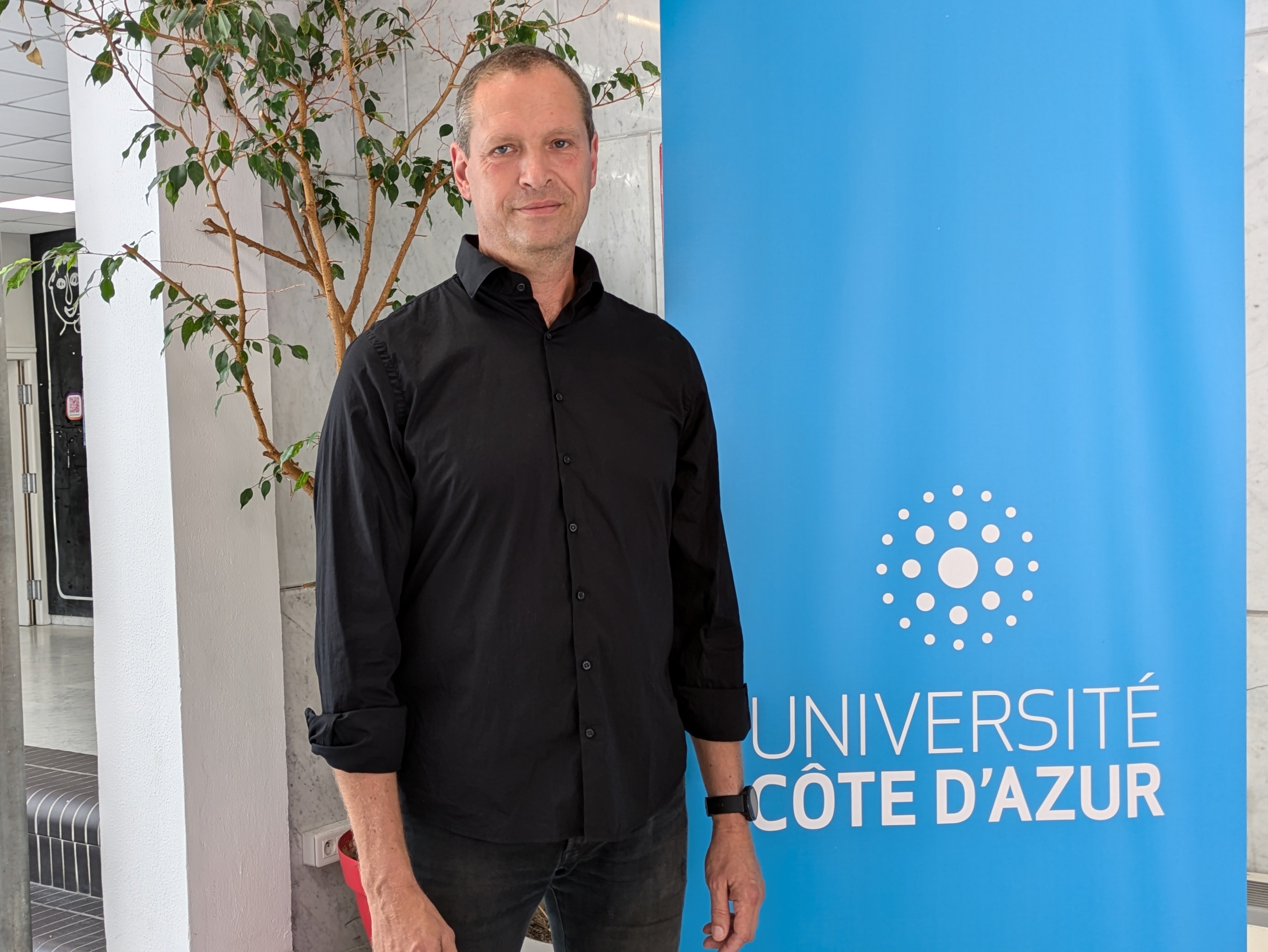Interview with Dr. Kay-Dietrich Wagner—Section Editor-in-Chief of Section “Cells of the Cardiovascular System” in Cells

Dr. Kay-Dietrich Wagner is Research Director at INSERM (the French National Institute for Medical Research). He is principal investigator at the Institute of Biology Valrose in Nice, France, and is leading a laboratory at the Medical Faculty of the Université Cote d’Azur. He studied medicine at the Humboldt-University Berlin (Charité), Germany, and after a post-doctoral position at the Institute of Physiology at Humboldt-University, he moved more than 20 years ago to Nice to work on molecular and cellular mechanisms of vessel formation.
We had the pleasure of meeting with him online, and had a discussion in which we learned more about his background, views, and interests.
The following is a brief interview with Dr. Kay-Dietrich Wagner:
1. You are an internationally recognized vessel researcher—could you share your current research focus with us and what is exciting about it?
This might have something to do with my background. After years of investigating the molecular mechanisms of vessel formation, we have now come back to a more holistic approach. It is very interesting how different cellular systems interact; how abnormal angiogenesis contributes to a multitude of disease processes. When we better understand this complexity, we might be able to use this knowledge to direct repair and regeneration.
2. What made you decide to lead this Section?
Basically, I like the concept. A large majority of researchers agree that science should be accessible to everyone. Thus, open access is important. The Editors-in-Chief, the Section Editors and all Editorial Board Members and the reviewers are all researchers working actively in their respective fields. We make decisions on the basis of scientific soundness and not firsthand on a fancy or trendy topic and potential media coverage. The articles in Cells are from scientists, for scientists, and open for the scientific community. I hope to contribute to this fair editorial process in the field I know—cells of the cardiovascular system.
3. What suggestions do you have for our Section’s development?
I think we are on the right track and have made important achievements in recent years. Young, motivated, highly qualified scientists should volunteer to actively participate in the review process in our Section. We will continue to support young researchers in attending conferences and, whenever possible, to support the publication of high-quality articles from laboratories with limited resources. The recent introduction of a decision by two independent editors in the case of controversial recommendations by reviewers is another example of ensuring a high-quality peer-review process.
4. Do you have any advice for young researchers?
Be curious, critical, and focused. Compared to the time when I entered science, today, you have many more opportunities, but also competition. Curiosity is still a major driver for scientific findings. With the easily available and constantly growing information from the internet and artificial intelligence, it becomes harder to filter the information. Answer these questions for yourself—is it really new, is it true, is it relevant for me?
